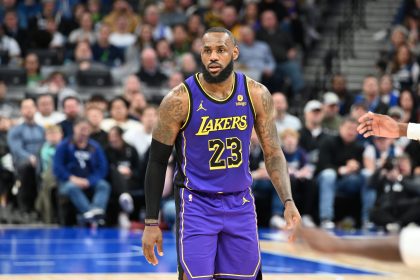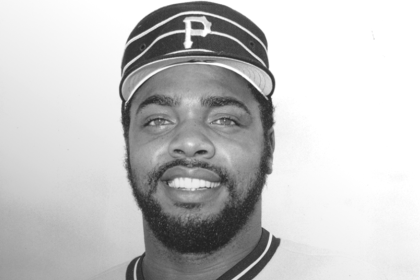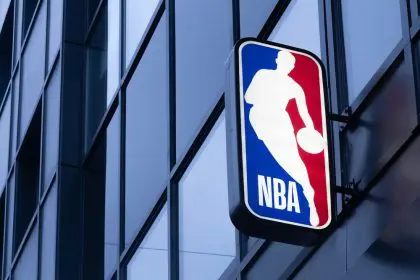NIL, known as Name, Image, Likeness, has changed the way that athletes look at where they’re going to play during their collegiate career.
College players are now able to earn money through marketing and promotional endeavors, which can include endorsements, social media, autographs and more.
College players such as Angel Reese and Bronny James have capitalized off of NIL, whether it’s beauty, gaming or car deals. Other players have snagged lesser deals, but they’re still getting paid for their talents at the end of the day.
Some NFL players did not have the opportunity to cash in on the NIL process. However, from the outside looking in, some are not a fan of what it brings to the game of football.
Kansas City Chiefs player Kadarius Toney told rolling out that NIL is good, but it’s taking the passion away from the game.
“I feel like it took the drive away from a lot of people, like transfer portals,” Toney said. “I don’t think they should’ve done that but, at the end of the day, I’m glad they’re making sure all the players are good throughout college because we didn’t have that.”
The NCAA transfer portal is a database that players enter when they’re looking to move on from one college to another. It has certainly been used more than usual now with colleges offering better deals than others.
Chiefs player Mecole Hardman wishes they had NIL when he was in college playing for the Georgia Bulldogs, but he has a unique way of making it better for athletes.
“I think it should be dispersed throughout the team, especially if a dude gets a $2 million deal,” Hardman said. “I think he takes $1 million and the other million is dispersed throughout, and maybe they make it a monthly or a weekly thing.”
San Francisco 49ers player Javon Hargrave says the biggest problem is kids leaving their schools for the money instead of the love of the game.
“I think it’s a great opportunity for college players getting paid, but I don’t think I like it as much as being able to get kids to leave school and jump into the transfer portal off of an NIL deal or how people leave school because you can get a bigger deal,” Hargrave said.














